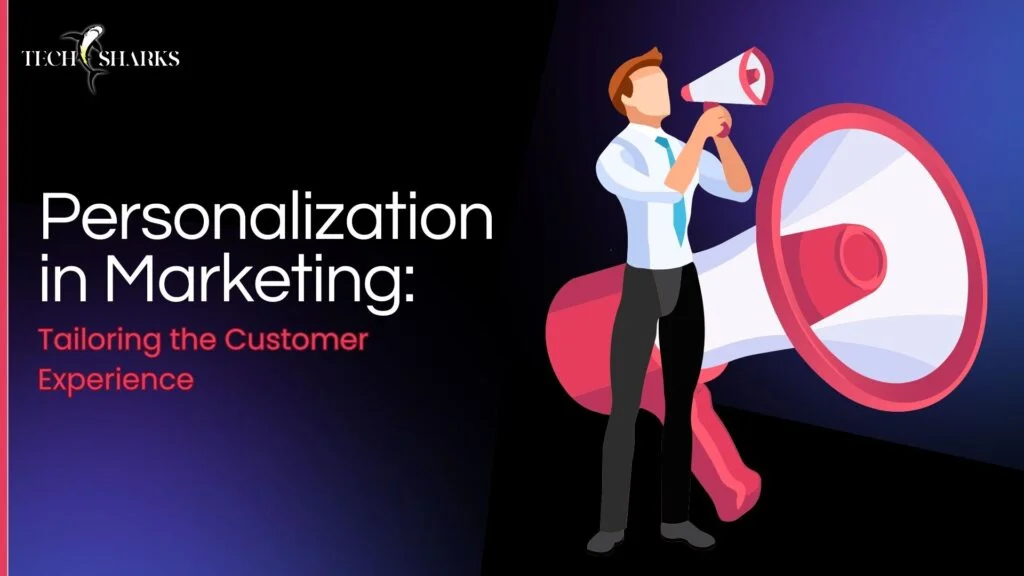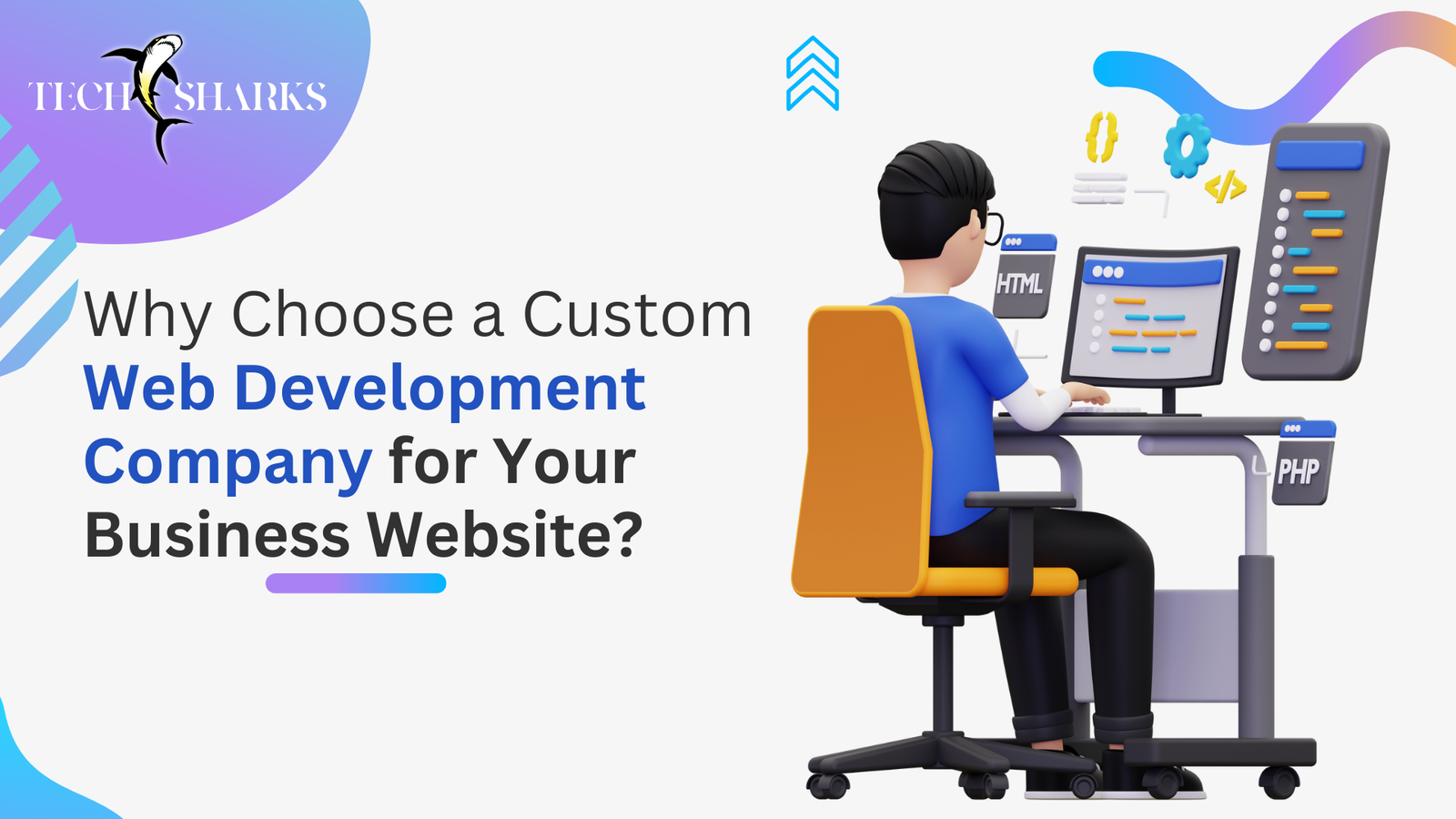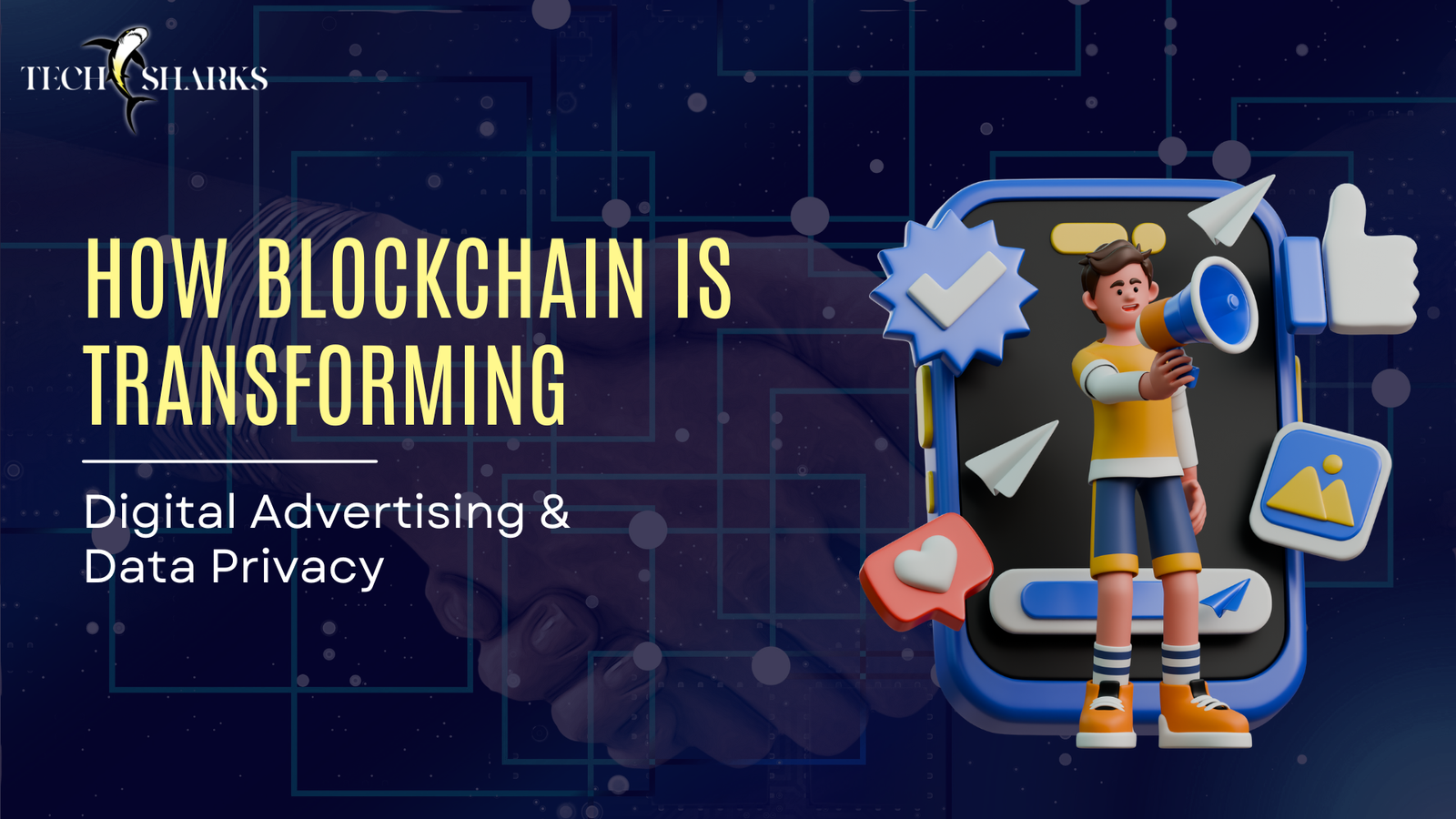Marketing is always changing, and to stay ahead, businesses must adapt. With new technologies and shifts in consumer behavior, the future of marketing is full of exciting opportunities. From artificial intelligence (AI) to voice search, these trends are reshaping the marketing landscape. In this blog, we’ll explore the top marketing trends to watch and how businesses can use them to connect with their audience and drive growth.
1. Artificial Intelligence (AI) and Machine Learning in Marketing
AI and Machine Learning (ML) are already transforming marketing, and their influence will only continue to grow. AI helps businesses automate tasks like customer support through chatbots, making interactions faster and more efficient. Machine learning takes things a step further by analyzing data to predict customer behavior and create more personalized marketing strategies.
AI-powered tools allow businesses to deliver real-time customer service and offer tailored experiences. For example, chatbots provide immediate responses to customer queries, while machine learning refines marketing efforts based on user data. Together, AI and ML help brands create more engaging and personalized experiences that drive customer loyalty.
2. Voice Search Optimization: The Future of Search
Voice search is becoming more popular, thanks to devices like Amazon Alexa, Google Assistant, and Apple Siri. By 2025, more than half of all searches are expected to be voice-based. This shift means marketers need to rethink their SEO strategies to optimize for voice search.
Voice queries tend to be longer and more conversational than text-based searches. To stay competitive, businesses should focus on natural language and long-tail keywords. Optimizing for voice search helps businesses rank higher in search results and ensures they meet the growing demand for voice-based queries.
3. Video Marketing and Live Streaming: Engaging with Your Audience
Video content is king, and it will only continue to grow in importance. By 2022, video is expected to make up over 82% of all consumer internet traffic. Videos allow businesses to connect with their audience on an emotional level, creating stronger brand recall and engagement.
Live streaming is another powerful tool for marketers. Platforms like Facebook, Instagram, and YouTube make it easy for businesses to interact with their audience in real-time. Whether it’s a product launch, behind-the-scenes look, or Q&A session, live streaming creates authentic connections that build trust and strengthen relationships with customers.
4. Personalization in Marketing: Tailoring the Customer Experience

Consumers today expect personalized experiences from the brands they interact with. Personalized marketing drives higher engagement and increases conversion rates. With the help of data analytics, businesses can deliver tailored content, offers, and product recommendations to their customers.
Personalized marketing isn’t just about using a customer’s first name in an email. It’s about understanding their preferences and delivering relevant content and offers at the right time. By leveraging customer data, businesses can create a unique experience for each individual, which helps build long-lasting relationships and boosts sales.
5. Influencer Marketing: The Power of Authentic Recommendations
Influencer marketing continues to grow in popularity as social media influencers build loyal and engaged followings. Influencers have the power to sway consumer behavior, and their authentic recommendations carry more weight than traditional ads.
Partnering with influencers, especially those with niche audiences, allows businesses to reach new customers in a more organic way. Micro-influencers, with their smaller but highly engaged audiences, can be particularly effective in generating trust and driving sales. Influencer marketing helps brands tap into a community of consumers who already trust and value the influencer’s opinion.
6. Augmented Reality (AR) and Virtual Reality (VR): Immersive Brand Experiences
AR and VR are changing the way consumers interact with products and brands. AR overlays digital content on the real world, while VR immerses users in a completely virtual environment. These technologies offer exciting new ways for businesses to engage customers.
For example, AR lets consumers try on clothes or see how a piece of furniture looks in their home before making a purchase. VR enables businesses to create immersive experiences, like virtual store tours or product demonstrations. As these technologies become more accessible, brands will use them to create memorable experiences that drive customer loyalty.
7. Sustainability and Social Responsibility: Consumers Expect More
Consumers today care about the impact their purchases have on the environment and society. Brands that embrace sustainability and social responsibility are likely to attract more loyal customers. Whether it’s using eco-friendly materials, supporting charitable causes, or being transparent about their practices, businesses that prioritize social good will build trust with their audience.
To stay relevant, companies need to show their commitment to sustainability and ethical practices. Customers are more likely to support brands that align with their values. Authenticity is key, so businesses should ensure their actions match their messaging.
8. Techsharks: Your Partner in Digital Marketing Innovation
As businesses navigate the future of marketing, partnering with a trusted digital marketing agency can make all the difference. Techsharks is a leading digital marketing company that helps businesses stay ahead of the latest trends. With expertise in SEO, social media marketing, and data-driven strategies, Techsharks creates tailored solutions that align with each client’s unique needs.
Techsharks combines creativity with technology to craft innovative marketing strategies that drive results. Whether it’s using AI-powered tools, optimizing for voice search, or running influencer campaigns, Techsharks helps businesses leverage the latest trends to connect with their audience and grow their brand.
9. Chatbots and Conversational Marketing: Real-Time Engagement
Chatbots are transforming customer service by providing instant support and improving customer engagement. These AI-powered tools can handle a variety of tasks, from answering customer queries to completing transactions. Chatbots enable businesses to offer 24/7 support, ensuring customers get the help they need when they need it.
Conversational marketing is all about creating real-time, personalized interactions with customers. Whether through live chat, messaging apps, or social media platforms, businesses can use chatbots to engage customers during their buying journey. This approach leads to higher conversion rates and stronger customer relationships.
10. Data Privacy and Ethical Marketing: Building Trust
As data privacy concerns grow, businesses need to be transparent about how they collect and use customer data. With regulations like GDPR, companies must ensure they are protecting customer privacy while maintaining trust.
Ethical marketing is crucial for building long-term relationships with customers. By respecting consumer privacy and being transparent about data practices, businesses can create a sense of trust. Customers are more likely to support brands that prioritize their privacy and handle their information responsibly.
Conclusion
The future of marketing is full of exciting possibilities, from AI and voice search to AR and influencer marketing. By embracing these trends and adapting marketing strategies, businesses can create more personalized, engaging, and meaningful experiences for their customers. Whether it’s partnering with a digital marketing agency like Techsharks or leveraging the latest technologies, businesses that stay ahead of the curve will thrive in the ever-changing digital landscape. The key is to focus on building trust, offering value, and connecting with customers on a deeper level.




